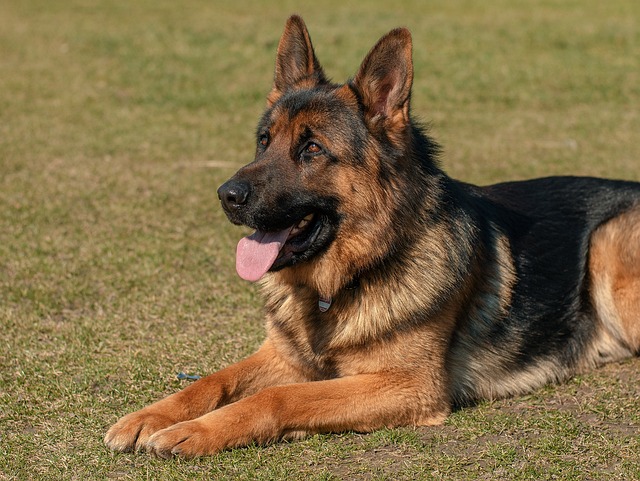
Can I shave my German Shepherd husky mix?
Lots of owners eye the thick double coat of their German Shepherd husky mix when summer hits, wondering if a shave will keep the dog cooler.
Even the most beloved pups can pick up stubborn odors—whether from rolling in grass after a walk in the park, digging in the backyard, or just regular daily activity. The first step isn’t always a full bath, though; over-bathing can strip a dog’s skin of natural oils, leading to dryness and more scent issues. Start with a gentle wipe-down using a pet-safe wet cloth, focusing on areas like the paws, belly, and underarms where dirt and bacteria often hide. This quick fix works well for minor smells and keeps your dog comfortable without disrupting their skin’s balance.
When a bath is necessary, choose a shampoo formulated specifically for dogs—human products can be too harsh and throw off their skin’s pH levels. Look for options with natural ingredients like oatmeal or aloe, which soothe while cleaning. Lather thoroughly but rinse completely; leftover shampoo residue is a common cause of lingering odors. After the bath, dry your dog fully with a towel or a low-heat blow dryer—damp fur creates the perfect environment for mold and mildew, which add their own unpleasant smells. For dogs who hate baths, try a dry shampoo spray designed for pets; it absorbs oils and odors without water, making the process less stressful for both of you.
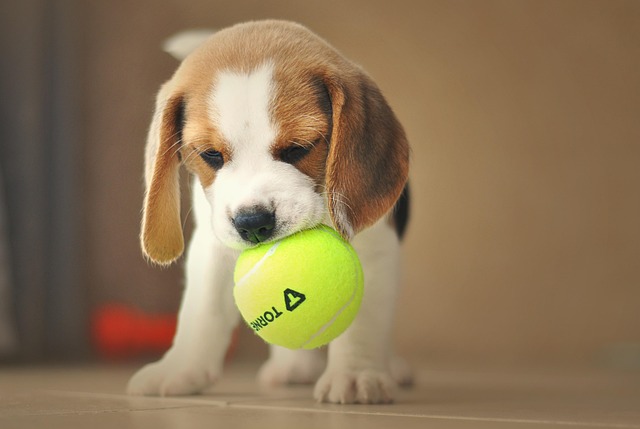 Don’t forget to address the sources of smell beyond your dog’s coat. Regularly cleaning their bedding, toys, and any areas they frequent in your home helps prevent odors from building up and transferring back to your pup. Wash bedding in hot water with a pet-safe detergent, and wipe down toys with a mild disinfectant. Brushing your dog daily also makes a big difference—removing loose fur and dirt before they settle in reduces the chance of odors taking hold. For long-haired breeds, pay extra attention to matting, as trapped debris in mats can cause strong smells that are hard to eliminate with just a bath.
Don’t forget to address the sources of smell beyond your dog’s coat. Regularly cleaning their bedding, toys, and any areas they frequent in your home helps prevent odors from building up and transferring back to your pup. Wash bedding in hot water with a pet-safe detergent, and wipe down toys with a mild disinfectant. Brushing your dog daily also makes a big difference—removing loose fur and dirt before they settle in reduces the chance of odors taking hold. For long-haired breeds, pay extra attention to matting, as trapped debris in mats can cause strong smells that are hard to eliminate with just a bath.
It’s also important to check for any underlying health issues that might be causing unusual odors. Persistent bad smells, especially if paired with other symptoms like itching, redness, or changes in behavior, could signal skin infections, dental problems, or other conditions. In many places, regular vet check-ups are part of responsible pet ownership, and your vet can help identify and treat issues that contribute to odor. Additionally, always follow local laws regarding pet care—some areas have regulations about grooming frequency or the use of certain products, so staying compliant keeps both you and your dog in good standing.
By combining regular, gentle grooming with targeted cleaning and attention to your dog’s health, you can keep unwanted smells at bay without compromising their comfort. The key is consistency—small, daily steps like wiping paws or brushing fur are more effective than occasional deep cleans. Remember, every dog is different; some may need more frequent baths than others, depending on their breed, activity level, and skin type. With a little patience and the right approach, you can keep your furry friend smelling fresh and happy, making your time together even more enjoyable.

Lots of owners eye the thick double coat of their German Shepherd husky mix when summer hits, wondering if a shave will keep the dog cooler.
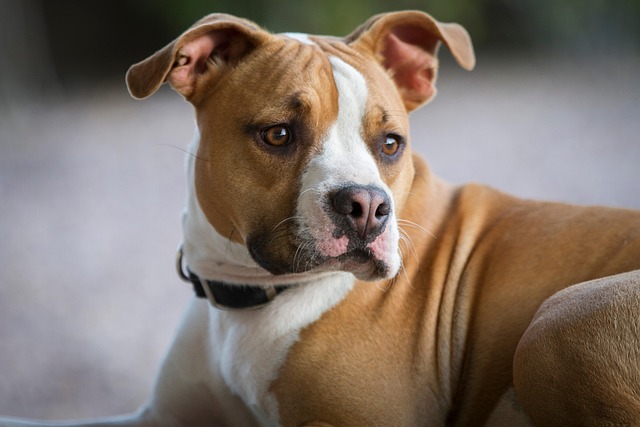
That brown, crusty buildup around your dog’s eyes—tear stains—isn’t just a cosmetic issue; for many pups, it signals an underlying problem, like allergies, blocked tear ducts, or even gut imbalance.
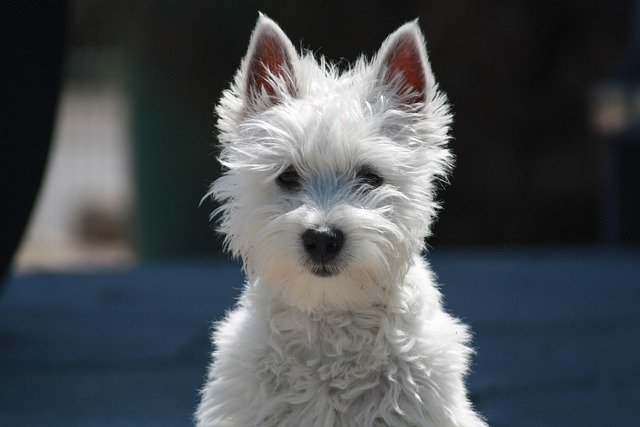
Stubborn tear stains on dogs can make even the fluffiest pups look a little unkempt, and many owners struggle to banish them without irritation.
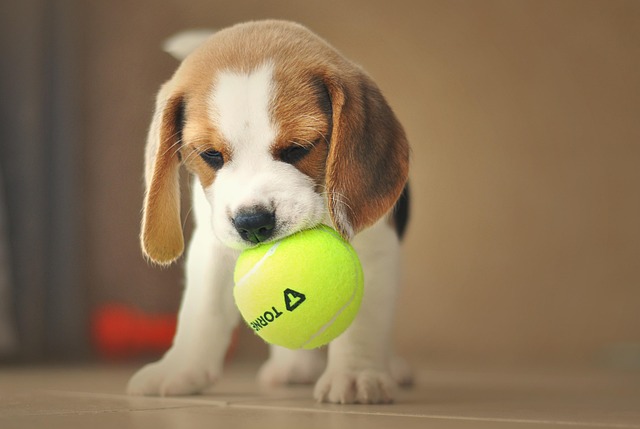
Even the most beloved pups can pick up stubborn odors—whether from rolling in grass after a walk in the park, digging in the backyard, or just regular daily activity.
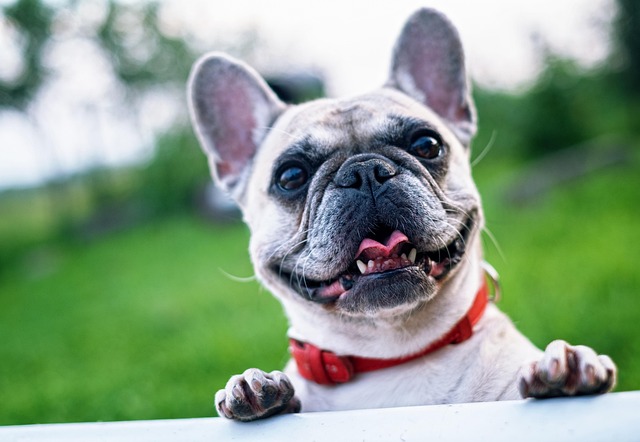
A shiny coat and healthy skin aren’t just about making your dog look great—they’re signs of overall wellness that every pet parent should prioritize.
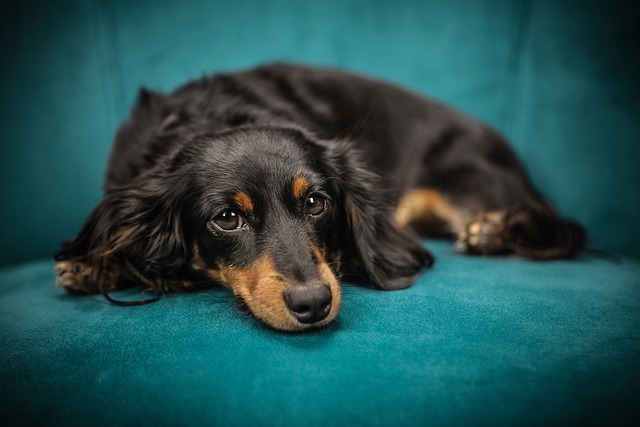
Most dogs come home from dental cleaning feeling a little groggy, with sore gums that make chewing hard. Skip dry kibble for the first 24 to 48 hours—even the small pieces can irritate tender mouths.